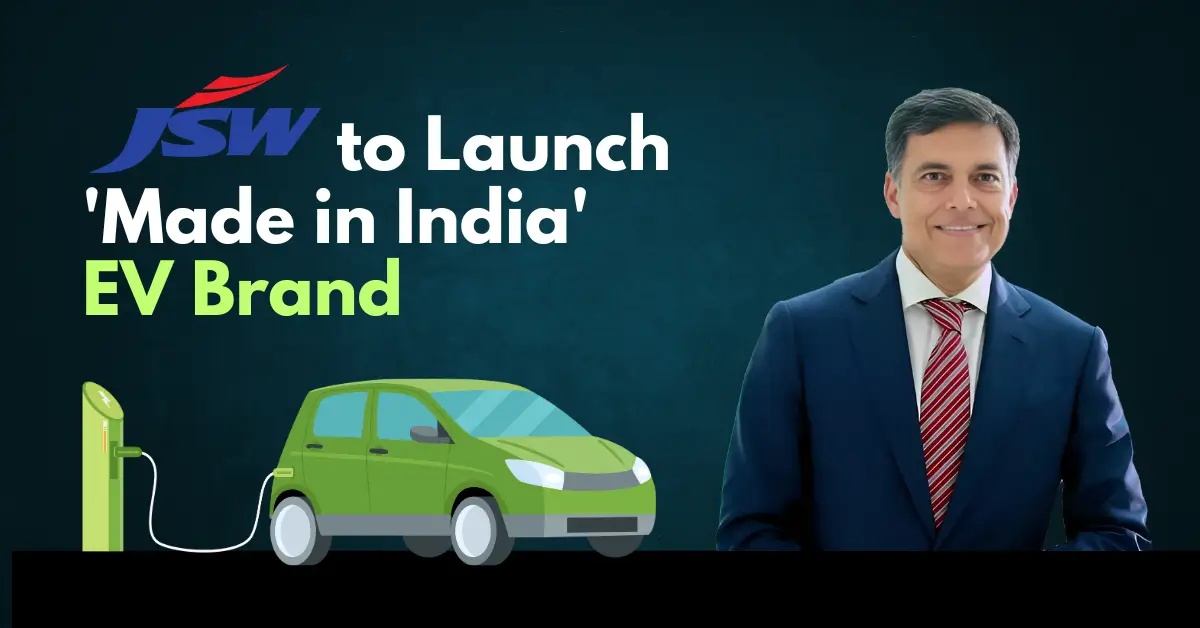
After successfully signing a $1.5 billion joint venture with China’s SAIC Motor to build and sell Morris Garages’ electric vehicles (EVs), JSW Group is now planning to take one more step forward
In an interview with The Financial Times, JSW Chairperson Sajjan Jindal said that the company does not want to serve as an “outpost of a Chinese company. “Our idea is not to be an outpost of a Chinese company to sell products in India,” Jindal said. “We want to manufacture the products in India, value-add in India, and sell in India.”
While detailing their ambitious plans, Jindal refrained from sharing specifics about the upcoming EV models or detailed investment allocations, as per a report in the Financial Times. The venture positions JSW to challenge prominent players like Tata Motors, Mahindra, and Hyundai in the growing EV space.
JSW’s Strategic Move Into the EV Market
Marking a significant expansion, JSW acquired a 35% stake in MG Motor India from SAIC earlier this year. This collaboration follows challenges faced by the Chinese company in securing funds, attributed to India’s stringent regulations on Chinese investments since 2020. Read more – Tata Motors records domestic sales of 47,063 Units in November
These restrictions were introduced after heightened tensions at the border between the two nations.
Plans for EV Manufacturing Hub in Maharashtra
Jindal announced that JSW’s car plant in Aurangabad, Maharashtra, will focus entirely on electric vehicle manufacturing.
In October, Aurangabad Industrial City welcomed JSW’s proposed investment of ₹27,200 crore in EVs and commercial vehicles, a project projected to generate employment for 5,200 individuals.
This development emphasizes the company’s commitment to fostering local production under the “Make in India” initiative.
Rising Sales Performance and Market Presence
JSW MG Motor India achieved impressive sales figures in November 2024, with 6,019 wholesale units—a 20% year-on-year increase.
A remarkable 70% of these sales came from electric vehicles, led by the Windsor crossover, which alone accounted for 3,144 units sold.
This performance underscores JSW’s readiness to establish itself as a dominant force in the Indian EV sector.